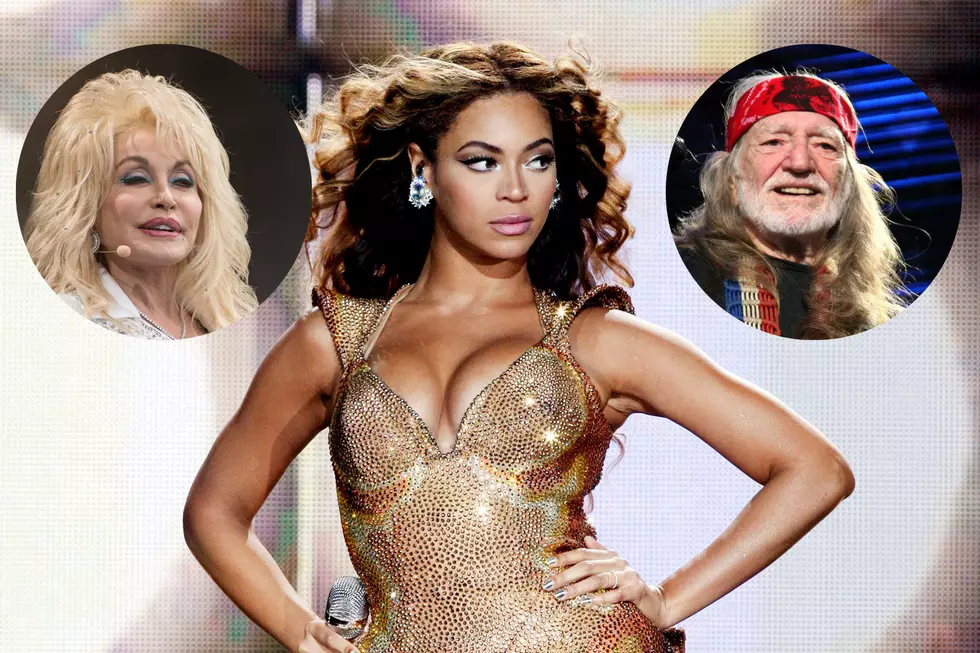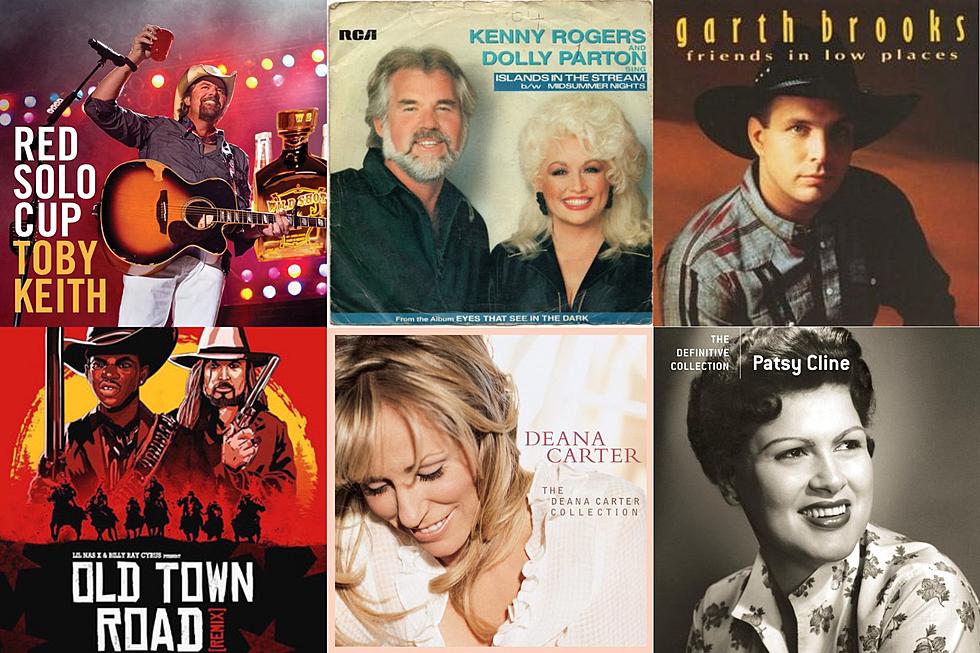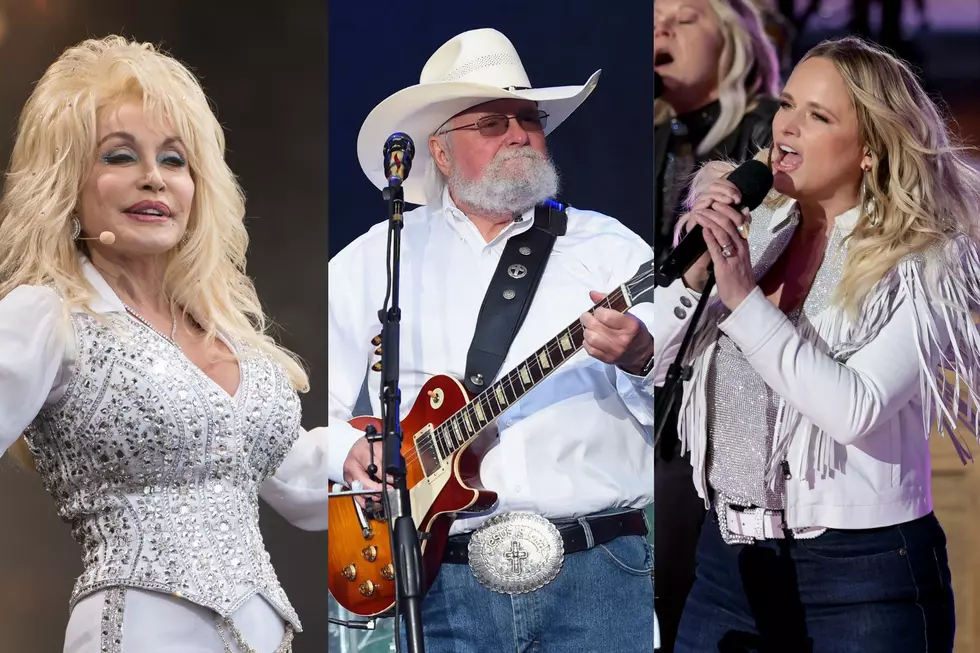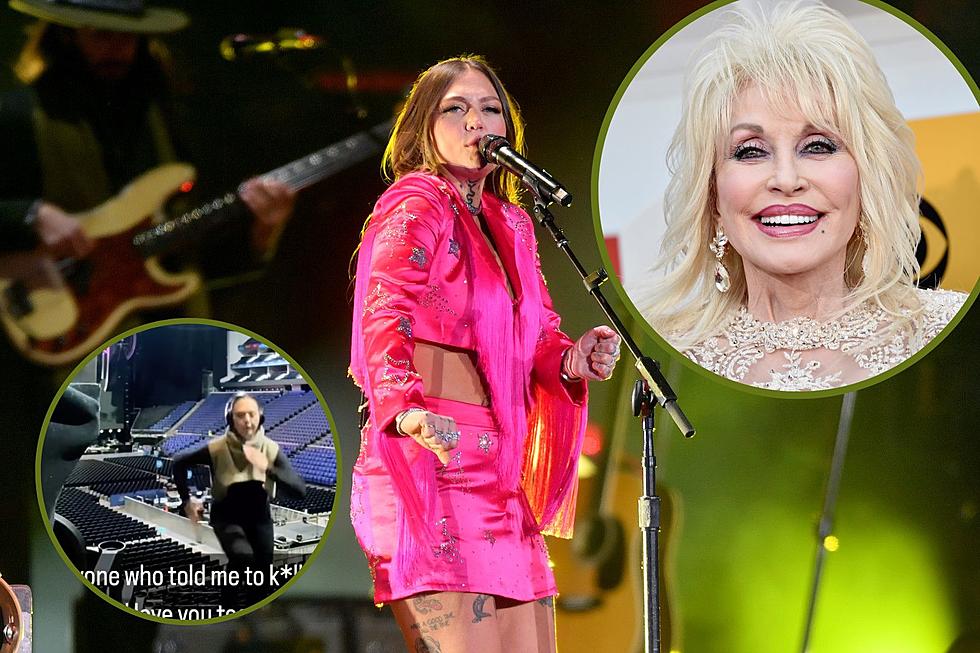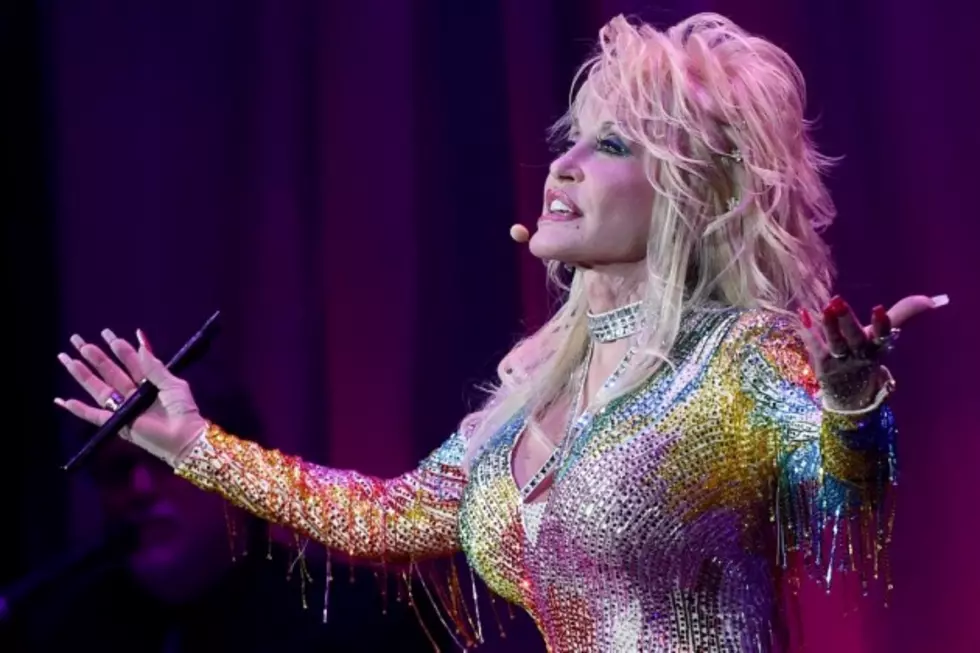
Dolly Parton Wows Nashville Audience at Ryman Benefit
Dolly Parton's sold-out show at Nashville's historic Ryman Auditorium on Saturday night (Aug. 1) was more than just a concert home run. It was also a personal glimpse inside the creative process of one of the most important singer-songwriters in country music history.
Parton's performance was the second of two sold-out benefit shows, marking her first headlining gigs in Music City in 12 years. Proceeds from the shows went to benefit the Dustin Wells Foundation, the W.O Smith School of Music and the Opry Trust Fund, which provides financial assistance for members of the music community to cover health care costs.
The gig served as a homecoming for Parton, who visited the Ryman as a child and has performed there many times over the years. She was inducted into the Grand Ole Opry on that very stage in 1969.
"This place is just sacred," she told a group of journalists prior to her performance. "I've been coming here forever, and I used to sit in the audience and watch some of the great artists. The fact that I've stood on this stage with Porter Wagoner, I've sung here with so many people different times, and with my own group ... there's just something great. This is like the old home place — like when you make it, you get out into the world and buy a big mansion, but there's nothing like the old home place. You want to go back and buy the old home place. That's kinda how I feel about the Ryman. This is like my old musical home place."
Parton lived up to that legacy with a performance that no other artist in country music could have delivered, moving effortlessly through a set that encompassed commercial country hits like "Why'd You Come in Here Looking Like That," "Baby I'm Burning" (which segued into Alicia Keys' "This Girl Is on Fire"), "Two Doors Down," "Here You Come Again" and "9 to 5," along with rootsier classics like "Jolene," "Coat of Many Colors" and "My Tennessee Mountain Home."
She also touched on gospel, blues and Appalachian music with deeper catalog cuts like "The Grass Is Blue," "Blue Smoke," "Apple Jack," "Smoky Mountain Memories" and a gorgeous a capella version of "Do I Ever Cross Your Mind" that demonstrated the vocal blend of her band. "The Seeker" was another unexpected addition that was a highlight, but "Little Sparrow" was undoubtedly the musical apex of the evening, marrying plaintive sadness and musical joy in a way that only Parton could pull off.
The ageless country legend also demonstrated her instrumental ability throughout the night, moving between acoustic and electric guitar, dulcimer, autoharp, banjo, piano and recorder while giving a consistently stellar vocal performance. Parton can still hit all of the high notes in her songs, delivering some of them in a breathy whisper and others in a strong, clear voice that seems to belie the passage of time. She even reached for notes that weren't part of the original recordings, seemingly as the mood struck her, earning several standing ovations throughout the night for particularly moving performances.
The concert was billed as Dolly Parton: Pure and Simple, and it focused mostly on stripped-down arrangements. Parton shared the stories behind the songs as she went along, weaving all of the disparate styles together in a musical quilt that was like a living history of the genre presented in real time.
She ended, perhaps inevitably, with "I Will Always Love You," and judging from the fervent reaction of the audience in Nashville Saturday night, it was clear that the feeling was mutual.
See Dolly Parton + More as Kids
More From Taste of Country


